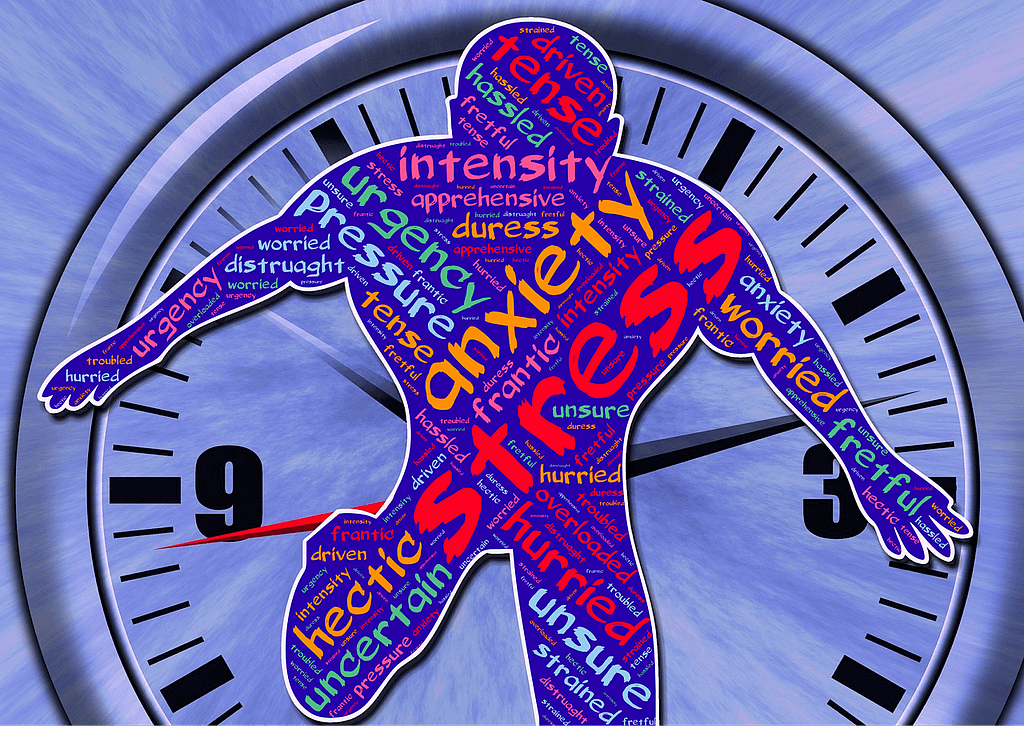Welcome to our comprehensive guide on understanding different types of anxiety disorders, their symptoms, and the available treatment options. Anxiety disorders affect millions of people worldwide, leading to significant distress and impairment in daily life. In this article, we will explore various anxiety disorders, shed light on their distinct symptoms, and discuss effective treatments. Whether you or someone you know is experiencing anxiety, this article aims to provide valuable insights to help you better understand and manage these conditions.
Types of Anxiety Disorders

Generalized Anxiety Disorder (GAD)
Generalized Anxiety Disorder is characterized by excessive and persistent worry about various aspects of life, such as work, relationships, and health. People with GAD often experience physical symptoms like restlessness, fatigue, and difficulty concentrating.
Panic Disorder
Panic Disorder involves recurrent and unexpected panic attacks, which are intense episodes of fear and discomfort. Symptoms can include heart palpitations, shortness of breath, and a feeling of impending doom. Panic attacks may occur without any identifiable trigger, leading to a constant fear of their recurrence.
Social Anxiety Disorder (SAD)

Social Anxiety Disorder is characterized by an intense fear of social situations and a persistent concern about being negatively judged or embarrassed. People with SAD may experience physical symptoms such as blushing, trembling, and sweating in social settings.
Specific Phobias
Specific Phobias involve excessive fear and avoidance of specific objects or situations, such as heights, spiders, or flying. When faced with the phobic stimulus, individuals may experience extreme anxiety and panic symptoms. Treatment often includes exposure therapy and cognitive-behavioral techniques.
Symptoms of Anxiety Disorders
Emotional Symptoms
Anxiety disorders commonly manifest in emotional symptoms, such as excessive worry, irritability, fear, and a sense of impending doom. Individuals may also experience frequent feelings of restlessness, uneasiness, and a heightened startle response.
Physical Symptoms

Physical symptoms of anxiety disorders can include rapid heartbeat, shortness of breath, dizziness, sweating, trembling, and gastrointestinal discomfort. These physiological responses are the body’s natural reaction to perceived threats and are commonly associated with anxiety.
Treatment Options for Anxiety Disorders
Therapy and Counseling

Various forms of therapy, such as Cognitive-Behavioral Therapy (CBT) and Exposure Therapy, are highly effective in treating anxiety disorders. These therapies help individuals identify and challenge negative thought patterns and gradually confront feared situations, leading to symptom reduction and improved coping strategies.
Medications
Medications, such as selective serotonin re uptake inhibitors (SSRIs) and benzodiazepines, may be prescribed by healthcare professionals to manage anxiety symptoms. It’s important to consult with a qualified medical provider to discuss potential benefits and risks of medication.
Lifestyle Changes and Self-Help Strategies

Engaging in self-help strategies can significantly contribute to anxiety management. These include practicing relaxation techniques (such as deep breathing and meditation), regular exercise, maintaining a healthy diet, getting enough sleep, and establishing a support network.
In conclusion, understanding different types of anxiety disorders, their symptoms, and treatment options is crucial for individuals seeking to manage their anxiety effectively. By recognizing the signs and symptoms, exploring therapeutic interventions, and making lifestyle adjustments, individuals can regain control over their mental well-being. If you or someone you know is struggling with anxiety, reach out to a mental health professional for support. Don’t let anxiety hold you back from living a fulfilling life.
Finally, we invite you to subscribe to our newsletter to receive more helpful insights, tips, and resources on mental health. Stay connected with us and join our community dedicated to promoting mental well-being.




1 Comment
Tim · July 20, 2023 at 2:16 pm
jaber this is majorly for whitepeople.Africans are hardened